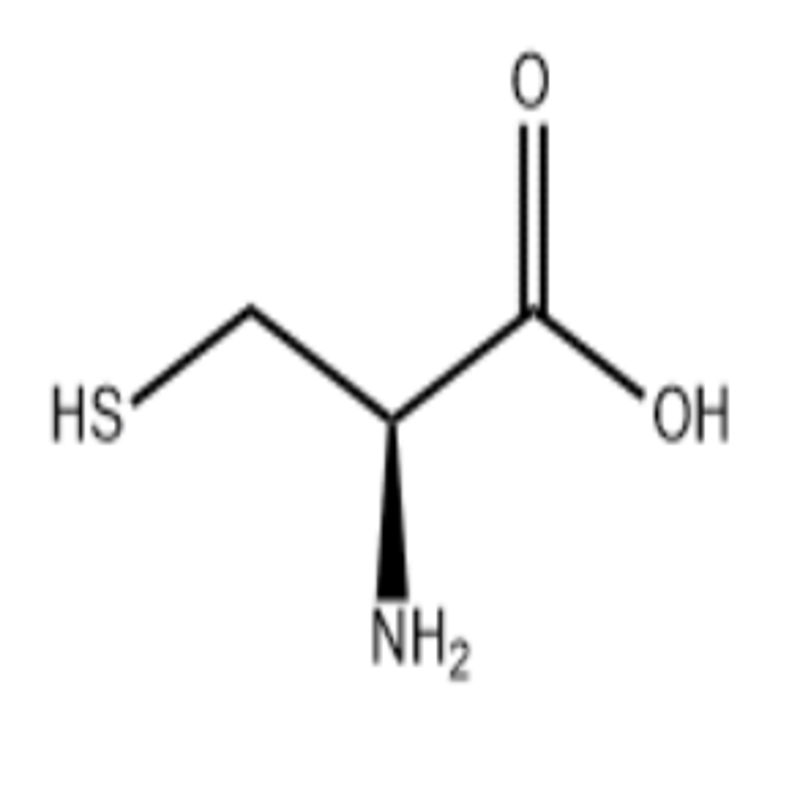-
Categories
-
Pharmaceutical Intermediates
-
Active Pharmaceutical Ingredients
-
Food Additives
- Industrial Coatings
- Agrochemicals
- Dyes and Pigments
- Surfactant
- Flavors and Fragrances
- Chemical Reagents
- Catalyst and Auxiliary
- Natural Products
- Inorganic Chemistry
-
Organic Chemistry
-
Biochemical Engineering
- Analytical Chemistry
- Cosmetic Ingredient
-
Pharmaceutical Intermediates
Promotion
ECHEMI Mall
Wholesale
Weekly Price
Exhibition
News
-
Trade Service
net/tag_3725.
html" class="zdbq" title="Brazil-related food information" target="_blank">Brazil cotton foodmate.
net/tag_766.
html" class="zdbq" title="Peanut related food information" target="_blank">peanut producers Association (Abrapa) April 27 and foodmate.
net/tag_5027.
html" class="zdbq" title="China-related food information" target="_blank">China signed a Memorandum of Understanding Cotton Association (CCA), aimed at promoting China's cotton trade, strengthen the relationship between Pakistan and.
Forbes Brazil reported that Julio Cézar Busato, chairman of Abrapa, said that the agreement will be of great help to the Brazilian cotton industry because it will increase the exchange of information between Brazil and China.
"They will be able to tell us what are the limitations in the Chinese market, the possible problems with Brazilian cotton, so that the problems can be corrected.
.
.
This is a way to better understand the demand.
" He said.
However, Busato did not mention to what extent the agreement will increase Brazilian cotton exports.
.
.
This is a way to better understand the demand.
" He said.
However, Busato did not mention to what extent the agreement will increase Brazilian cotton exports.
Busato added that Abrapa also intends to reach agreements with other units in China and other cotton purchasing countries in Asia.
In addition, Busato also said that the United States has entered the Chinese cotton market for a long time, and the signed agreement has the same pattern as the agreement signed between Abrapa and CCA.
"So (the United States) has gained its current status, and we are also following the same path," he said.
"So (the United States) has gained its current status, and we are also following the same path," he said.
He believes that the U.
S.
's leading position in cotton supply depends largely on the credibility of U.
S.
cotton in China.
"We also need to overcome this.
"
S.
's leading position in cotton supply depends largely on the credibility of U.
S.
cotton in China.
"We also need to overcome this.
"
Busato also said: "Expanding trade relations will bring benefits to Brazilian farmers (on the production side).
We need to ensure this so that people can gradually expand the area of cotton planting.
"
We need to ensure this so that people can gradually expand the area of cotton planting.
"
At present, Brazil is China's second largest cotton supplier, second only to the United States.
According to estimates by the Brazilian National Association of Cotton Exporters (Anea), during the 2020/21 harvest season, Brazil will export 700,000 to 750,000 tons of cotton to China.
As of March, a total of 651,000 tons have been shipped, which has exceeded The total amount of 570,000 tons shipped to China in the 2019/20 harvest season.
According to estimates by the Brazilian National Association of Cotton Exporters (Anea), during the 2020/21 harvest season, Brazil will export 700,000 to 750,000 tons of cotton to China.
As of March, a total of 651,000 tons have been shipped, which has exceeded The total amount of 570,000 tons shipped to China in the 2019/20 harvest season.







